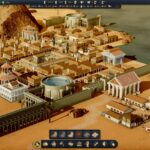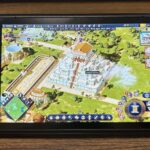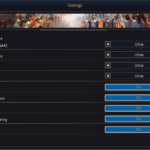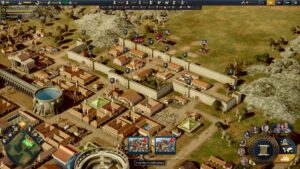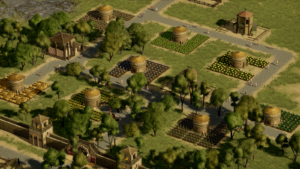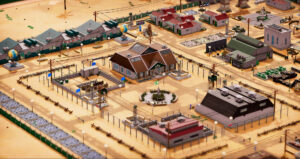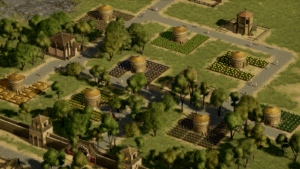The more evolved a civilization is, the greater the impulse its entertainment activities receive. In classical culture, and particularly during the Roman Republic and Empire, this tendency can be observed. As it appears in Juvenal’s satire (around 100 A.D.) the emperors were concerned with keeping the people of Rome fed and entertained: Panem et circensis.
This playful aspect of Roman society is reflected in different activities. From today’s perspective, the most striking activities may be the gladiatorial fights in the arena, the executions or the chariot races, in which participants risked their lives, however, there were many other forms of entertainment. The Romans attended performances of tragedies and comedies in the theater, and enjoyed social gatherings, whether in the public baths or in taverns.
Sporting activities such as hunting, wrestling or horseback riding were very popular, and some excesses such as patrician banquets or orgies of a sexual nature could not be ignored either. As can be seen, Roman society enjoyed different forms of leisure, which cultivated all areas of recreation.
How romans have fun in Citadelum.
In Citadelum we have tried to faithfully reflect this aspect of Roman society. How to build a settlement without knowing how the Romans enjoyed themselves. The player will be able, as the emperors did, to organize games to entertain the plebs. These major events may consist of gladiator fights in the arena, chariot races in the circus or performances by actors in the theater. Each of these requires us to train the warriors, drivers and actors who will be part of the performance.
On the other hand, Citadelum, the strategy game set in Ancient Rome, has buildings, such as taverns or public baths, that enhance the desirability of an area. That is, citizens are happier if there are entertainment centers near their homes. The happiness of the city’s inhabitants is one of the factors that we will have to keep an eye on, since unhappy commoners can organize revolts, increase the crime rate or leave the city.
Wrestling or horseback riding also appear in the video game, but in this case they are not part of the recreational activities, but are part of the training of the legionaries, depending on the units in which we want to assign them: cavalry, infantry or archery.
Finally, to complete all the entertainment activities of the Romans, we have incorporated the possibility of organizing religious festivals. Through these festivities (and also sacrifices) we can improve the favor of the gods that watch us from the pantheon (or appease their fury), to obtain special advantages.
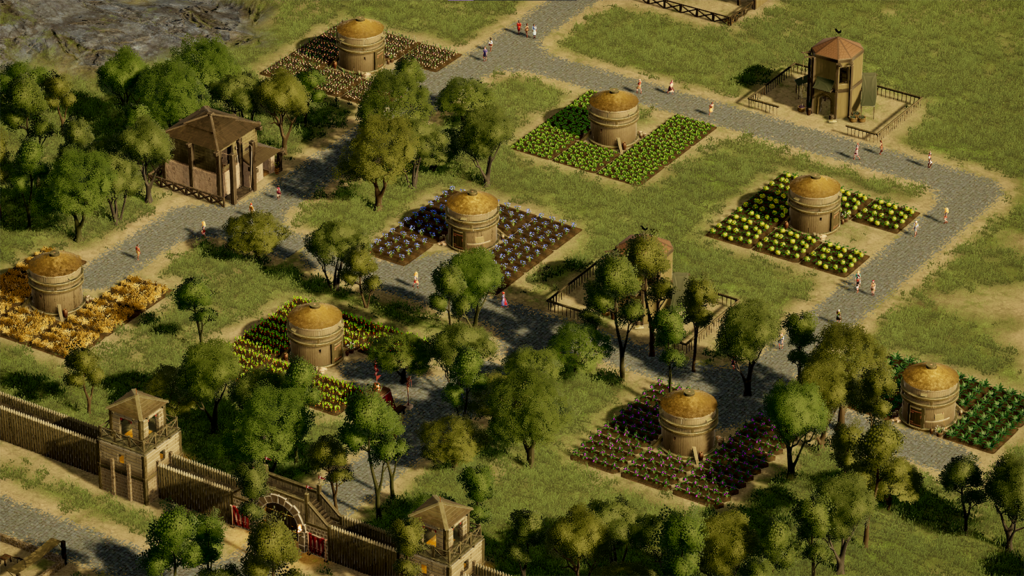
Once again, these aspects are portrayed considering fun over historical accuracy. The most important thing is how the player perceives how the Romans had fun in the game as plausible.

